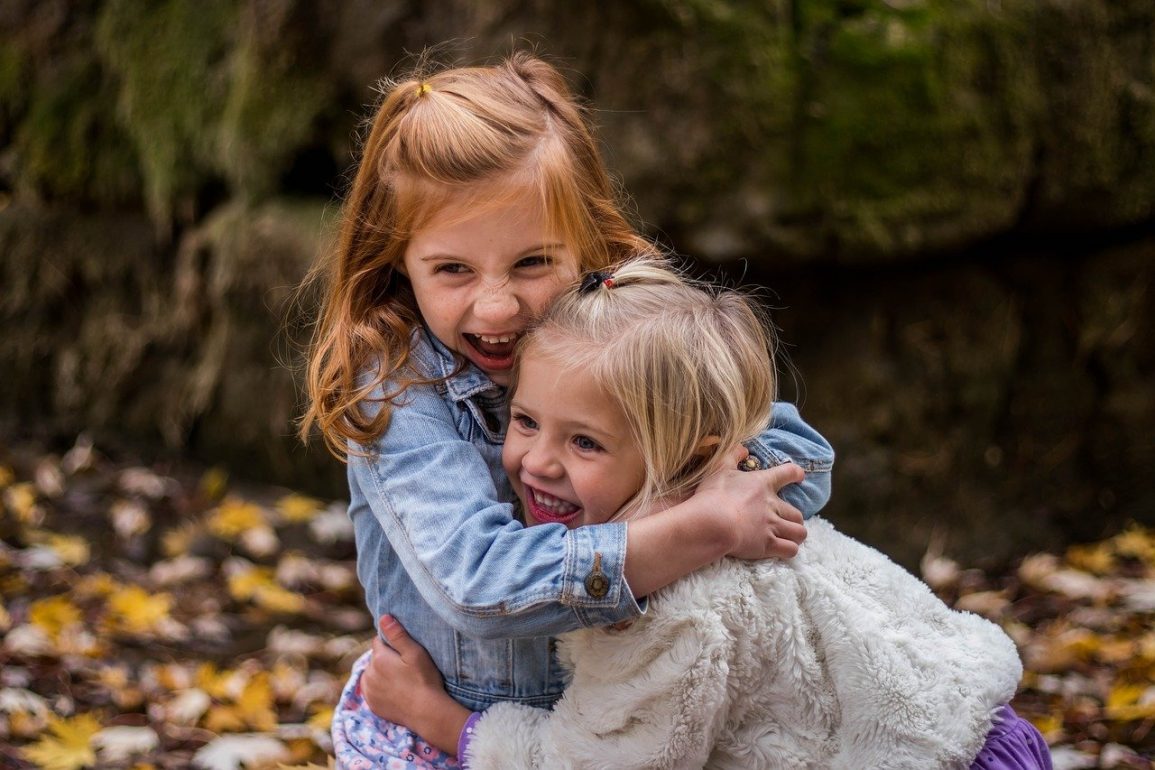Reflexology For Children – Complementary and alternative medicines (CAM, for short), such as reflexology, are not only for adults and hip twenty-somethings. Children can benefit, too. After all, yoga for kids, essential oils for kids, and more niche practices are rising in popularity.
While ‘acupuncture for kids’ has yet to become incredibly popular, reflexology offers a similar method, but without the needles that many youngsters might fear. Like acupuncture, reflexology works with reflex points that can be connected to other areas of both the physical and energetic bodies.
The methods of reflexology, if you are at all familiar, remain the same for children. If anything, the only difference would be in the amount of pressure applied as children typically do not find the intense reflex points as beneficial and rewarding as adults might.
Reflexology might be able to aid in alleviating stress, tension, and fatigue in young children. Contrary to what might be seen or assumed, children experience these sensations more often than adults might realise. Thanks to school demands, mental health conditions, pressure from peers, and the usual daunting steps of development, reflexology offers a relaxing, mindful gift to children.
Who can benefit from reflexology?
Generally, any child experiencing some semblance of anxiety, exhaustion, or stress might benefit from reflexology. Of course, reflexology can only act as complementary medicine. So, another alternative or conventional treatment remains necessary.
Reflexology can induce deeper healing than conventional medicine as it works more with the subtle, energetic body than the physical body alone, but the physical body and mind still need proper attention.
Children who find themselves wound up and energised to the point of hyperactivity might be able to slow down a bit thanks to reflexology. As reflexology induces relaxation and aids in general mindfulness, hyperactive kids can slow down with this practice.
Over time, it might combat symptoms related to ADHD and ADD, which causes children to have difficulty focusing and expelling energy properly. When blended with other mindfulness or energetic movement practices, such as yoga or tai chi, children might see even more all-encompassing and long-lasting benefits.
Differently-abled children might find ease through reflexology, too. Some social anxieties and nervous tendencies seem to dissipate over time, thanks to reflexology.
Autistic children, specifically, have been shown to heal their anxious tendencies through reflexology. When blended with equine therapy, for one example, these children can really see progress in their health and wellness.
Some other conditions and symptoms that reflexology might benefit include:
- Asthma
- Eye problems
- Earaches
- Constipation
- Headaches
- Sinus infections
- Teething for babies
What can you expect from reflexology?
In reflexology, children need only have their feet, hands, and ears bare for treatment. A professional reflexologist can guide them through the practice so that they can learn as they go.
If you are a parent or guardian considering sharing reflexology with your child, you might consider booking a session where you can be present, too. This allows them to feel a little more at ease in their first meeting. As time goes on, they might feel more comfortable meeting with the reflexologist on their own. Prior to the first full session, consider booking a consultation to see if the reflexologist and practice will be the right fit for your child.
In a typical session, reflexology can be offered for up to an hour. With children, shorter sessions are more common.
Would you rather not meet with a professional? You can learn the methods of reflexology rather easily and share the practice with your child all on your own. This might be the route to take if your children are unfamiliar with or unsure of the complementary medicine practice.
Jayne Bennett
Aromatherapist, Alternative Health Practitioner


